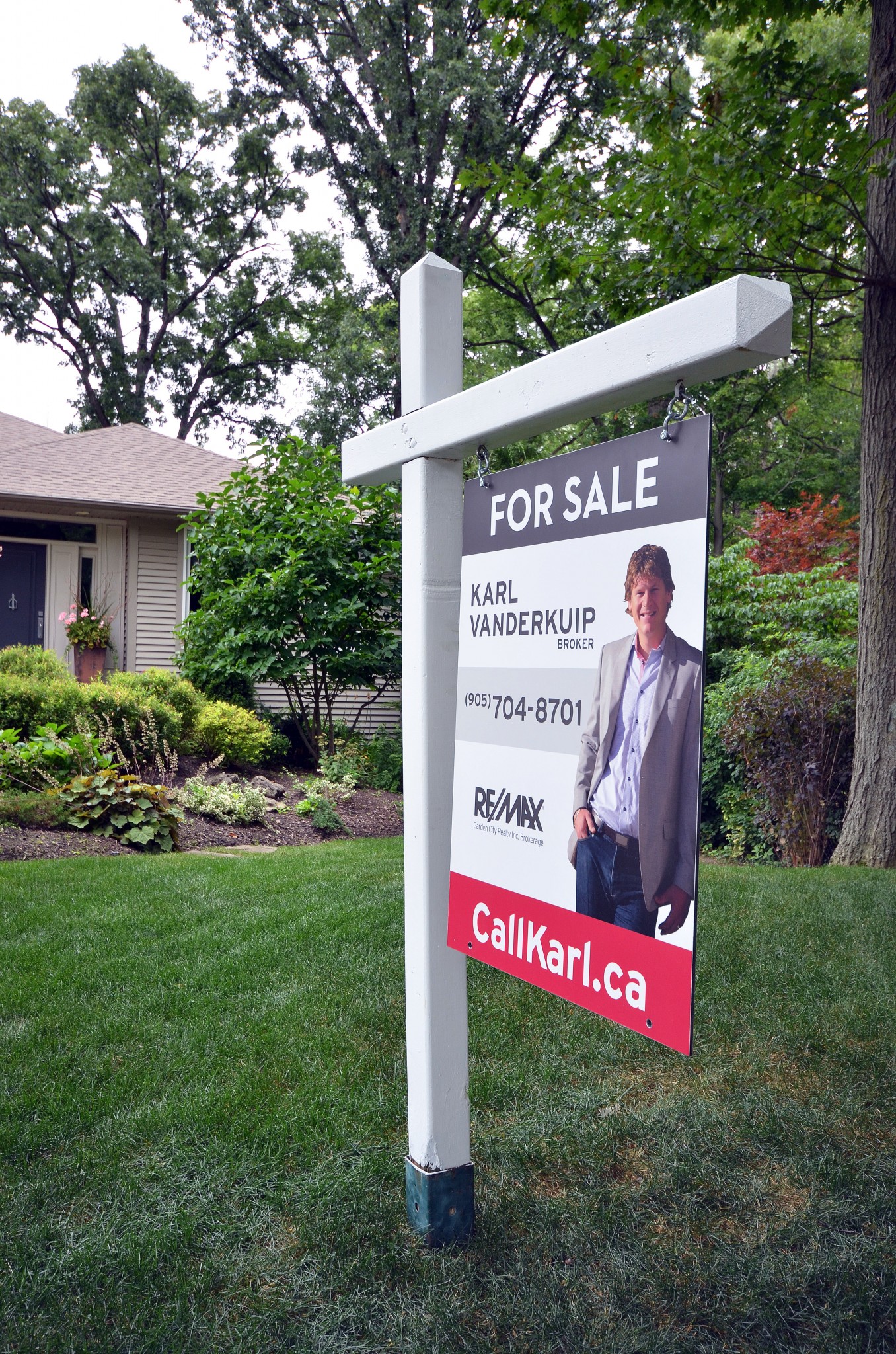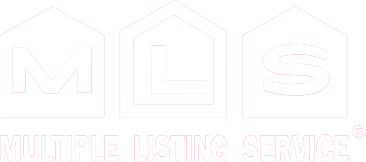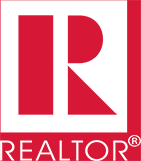Estimated reading time: 3 minutes

When it comes to buying or selling real estate, one of the first questions you might ask yourself is, “Do I need a realtor, or can I do it myself?”
Real estate can be a significant expense and there have been many articles over this debate, many explaining the different types of costs associated with doing business. Basically, you’ve got to pay to play, but that’s not what I’m here to talk to about.
What I want to tell you, is that when I am looking at purchasing property, I hire a colleague to guide me through the process and negotiate on my behalf. Seriously. There is just too much at stake.
Read on to learn more about why even the professionals need a hand when to comes to buying and selling real estate.
You need to be objective when buying
Let’s face it, when you sell your Niagara home, you want top dollar and that means focusing on the process from beginning to end. This is your home we’re talking about here, and it’s tough to remain objective. People get emotional, they over think, and honestly, they can get a little greedy. It’s easy to give yourself bad advice. I have personally learned this the hard way.
A realtor’s eyes are always on the finish line, taking it one step at a time. There are no emotions involved and you get the objective coaching you when you are looking to purchase. Yes, this even means when they are not comfortable with how much you are willing to spend. Sometimes the best advice happens when they advise you to pump the brakes.
In selling, surprisingly, many undervalue their home
This may come as a shock, but many people end up undervaluing their home when they decide to sell without the help of a realtor. It makes sense to me though — when you don’t understand the supply and demand factors in home value, how can you decide on an appropriate value?
For example, in downtown St. Catharines, you may see comparable two-storey homes selling for around $210,000. But take a look at what’s available when you list. If there aren’t any more two-storey homes listed when your house hits the market, your home increases in value. It’s one of a kind!
You pay for what you get
Typical commission in a home sale is 5%, so when people decide not to list their home with a real estate agent, they think that 5% commission is staying with them, in their pocket. But many people forget to include the buying agent in the equation, who sees 2.5%. So, for 2.5%, is it worth it? Are you 2.5% weaker than a realtor when it comes to price evaluation and how much you’re willing to bend on negotiation’s. My guess is yes. There is an incredible amount of value in having that Realtor buffer.
Paying more commission does not mean less money in the long run. You pay for what you get. Consider the potential buyers who are coming into your home; when the seller is present for the walk through, the buyers can’t communicate about what they like or what they don’t like. They walk through faster, they aren’t talking about the potential of the home and, usually, the seller is pushing things the buyer just doesn’t care about. A realtor, on the other hand, can talk to the buyers about what they like and what they don’t like, shifting attention to the possibilities and the lifestyle the home offers instead.
The value of negotiating
And when it comes to negotiation, having a third party who can ensure you are taken care of is worth the commission. Commonly, homes end up being negotiated for and sold at 3.5% less than the listed price. So, if you don’t hit your sale price, you’re looking at losing a total of 6% in the long run (when you add the loss to the 2.5% commission to the buying agent).
Having your realtor advocating for you during negotiation means you are more likely to get that sale price, which can save you at least 1% when you do the math. And going back to the average Niagara home price of $250,000, you’re looking at $2,500 in your pocket!
This all, without even factoring time on the market. As more time passes on the market the more the seller loses their ability to negotiate from a position of strength.
When you factor in the cost of evaluating the home correctly, marketing, exposure time on the market and a realtors negotiations style. Wouldn’t you say this is worth 2.5%. I would guess yes.
There is too much at stake for you and your family.
Like the shoemaker’s son who has no shoes. Or the greenhouse grower with no gardens.
It is best to leave it to a professional and for you to focus on what you do best.





